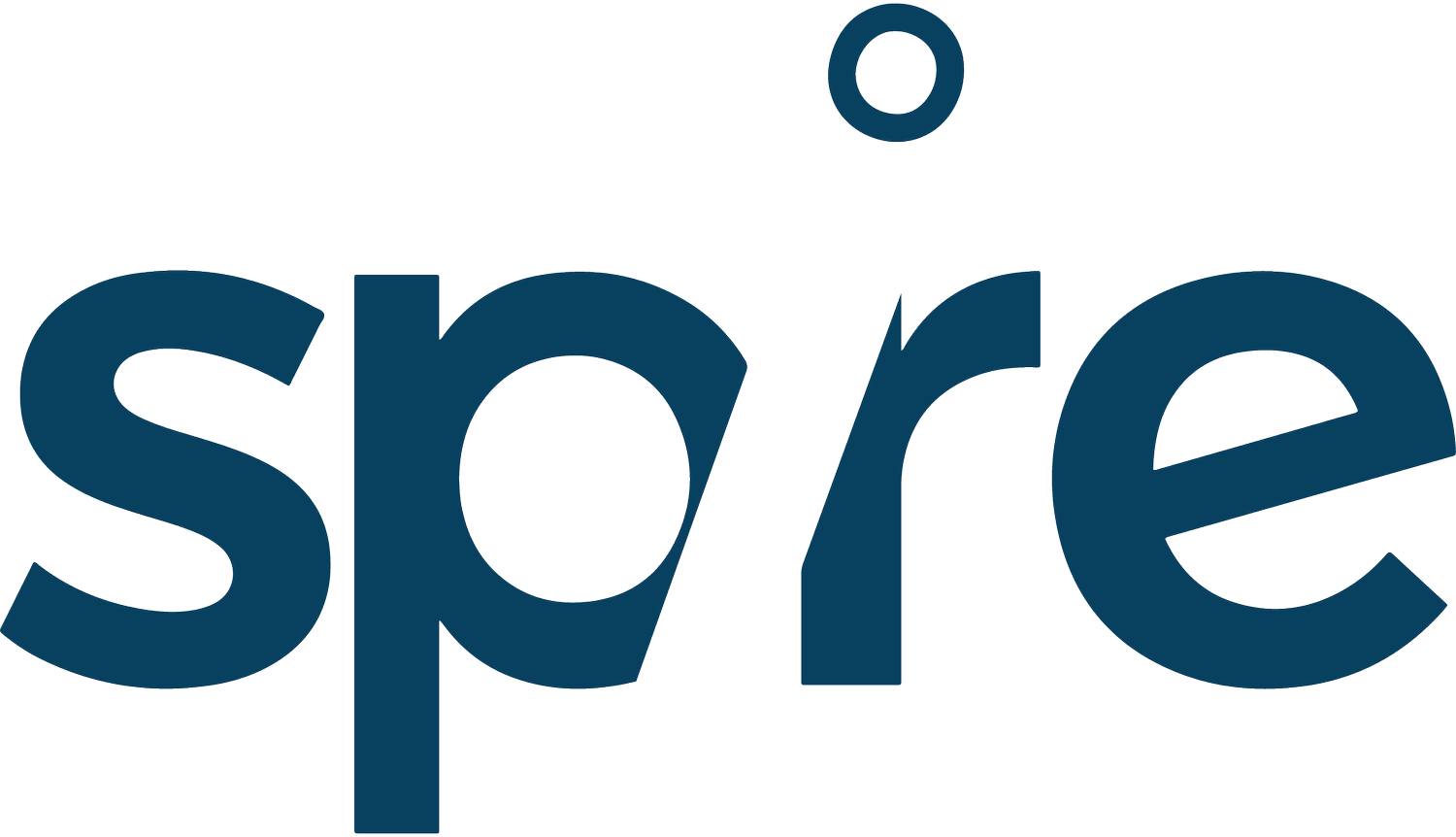Your First Week on Assignment: Orientation, Expectations, and Reality
Starting your first travel assignment as an allied or clinical traveler is exciting — but those first few days can set the tone for your entire contract. Most facilities provide an orientation week, but once it’s over, many expect travelers to jump in and carry a full load right away.
Here’s what to expect in your first week, how to prepare, and how Spire makes sure you feel confident walking in the door.
1. Orientation Week: What to Expect
Orientation is designed to help you learn the ropes — but it’s usually shorter than what permanent staff receive. The goal is to give you just enough training to hit the ground running.
Key Items:
Expect the basics. Orientation often covers hospital systems, charting, and compliance — not every detail of the job.
Take notes. Write down processes, contacts, and login details you’ll need once orientation ends.
Ask early. If something feels unclear, bring it up during orientation instead of waiting until you’re on your own.
2. From Orientation to “Sink or Swim”
Once orientation is over, facilities often treat travelers as fully independent. That means expectations rise quickly.
Key Items:
Be ready to adapt. You may not get a long adjustment period — most teams are counting on you to carry your share right away.
Trust your experience. Lean on your skills and past clinical knowledge; you were hired because you can step in quickly.
Stay calm under pressure. Remember, even seasoned travelers feel the “sink or swim” shift after orientation.
3. Managing Expectations in a Short-Staffed Environment
Facilities bring in travelers when staffing is tight. That can mean higher patient ratios, less tech support, and heavier workloads than you may be used to.
Key Items:
Know what’s normal. Some short staffing is expected — but never at the expense of safety. Speak up if assignments feel unsafe.
Lean on teammates. Building quick rapport with permanent staff helps you navigate workflow and patient load more effectively.
Set realistic expectations. You’re there to help a strained team — flexibility and professionalism go a long way.
4. How Spire Supports You
First-time travelers shouldn’t have to face uncertainty alone. At Spire, we prepare you before day one and check in during your first week to make sure you feel ready and supported.
Key Items:
Pre-assignment prep. Your recruiter will walk you through what to expect from orientation and your first shifts.
Day-one check-in. We’ll touch base before and after your first day to answer questions and provide reassurance.
Ongoing support. Whether you run into challenges with ratios, charting systems, or team dynamics, your recruiter is just a call away.
Your first week as a traveler will stretch you — but it doesn’t have to overwhelm you. With the right preparation, realistic expectations, and a recruiter who has your back, you’ll find your footing quickly.
Starting your first week soon? Your Spire recruiter will check in before and after day one—because we know preparation makes all the difference.
